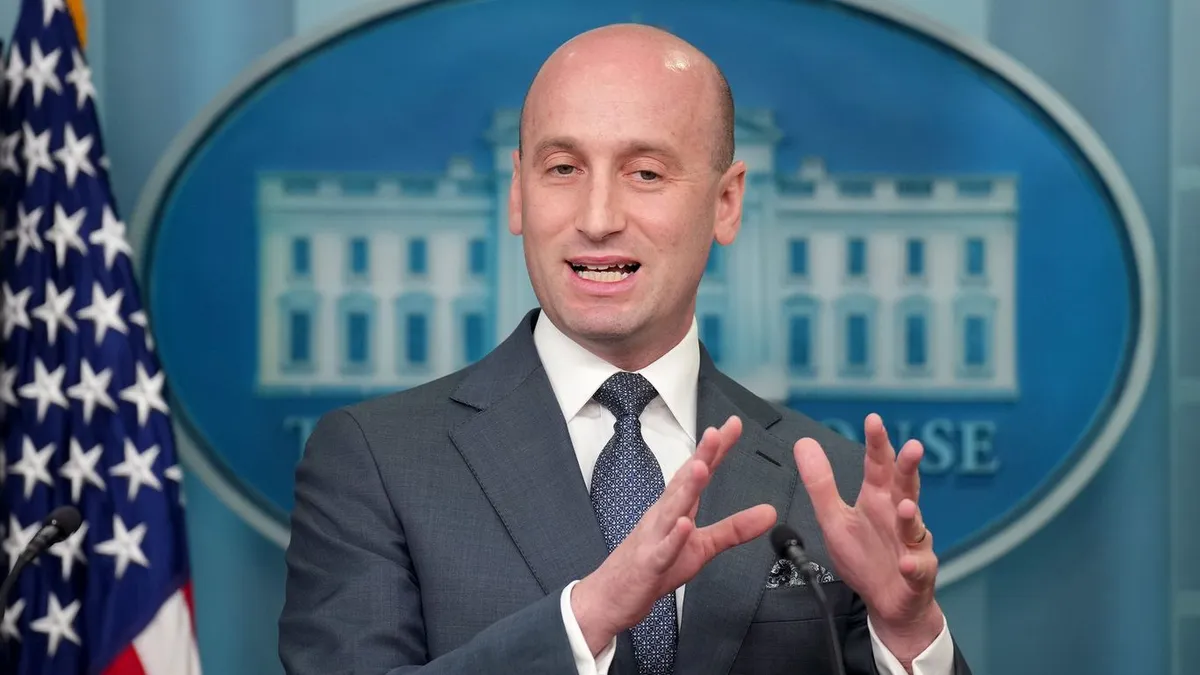
In recent statements, Stephen Miller, a senior advisor to former President Donald Trump, highlighted that a significant portion of Americans would be willing to pay a premium for U.S.-made dolls. This assertion comes amid ongoing discussions about the impact of tariffs on imported goods, particularly toys that are manufactured overseas. The emphasis on supporting domestic manufacturing resonates with many consumers who prioritize quality and local production.
In related remarks, Donald Trump suggested that due to the imposition of tariffs on imported toys, American children might find themselves with "two dolls instead of 30." This comment reflects Trump's broader strategy of advocating for tariffs as a means to protect U.S. industries. He believes that despite the potential decrease in the number of toys available to children, families will adapt to the change and still prioritize American-made products.
Trump's statement has stirred a mix of reactions among parents and consumers. Many acknowledge the importance of supporting American manufacturing, but there are concerns about the practicality of having fewer toys available for children. Critics argue that this could lead to dissatisfaction among families who are accustomed to a wide variety of options when it comes to children's toys.
During his remarks, Trump did not shy away from criticizing China, labeling the country as the "chief rip-off artist" in trade relations. His administration has consistently pointed to the need for a more equitable trading environment, with an emphasis on reducing the trade deficit. As talks with China remain elusive, the administration's focus on tariffs continues to shape the conversation around international trade and its effects on American consumers.
As the debate over tariffs and their impact on the availability of toys continues, it is clear that the discussion around U.S.-made dolls is more than just about toys; it reflects a broader sentiment towards American manufacturing. Whether or not families are willing to adapt to having fewer options remains to be seen, but the conversation is likely to evolve as the economic landscape changes.